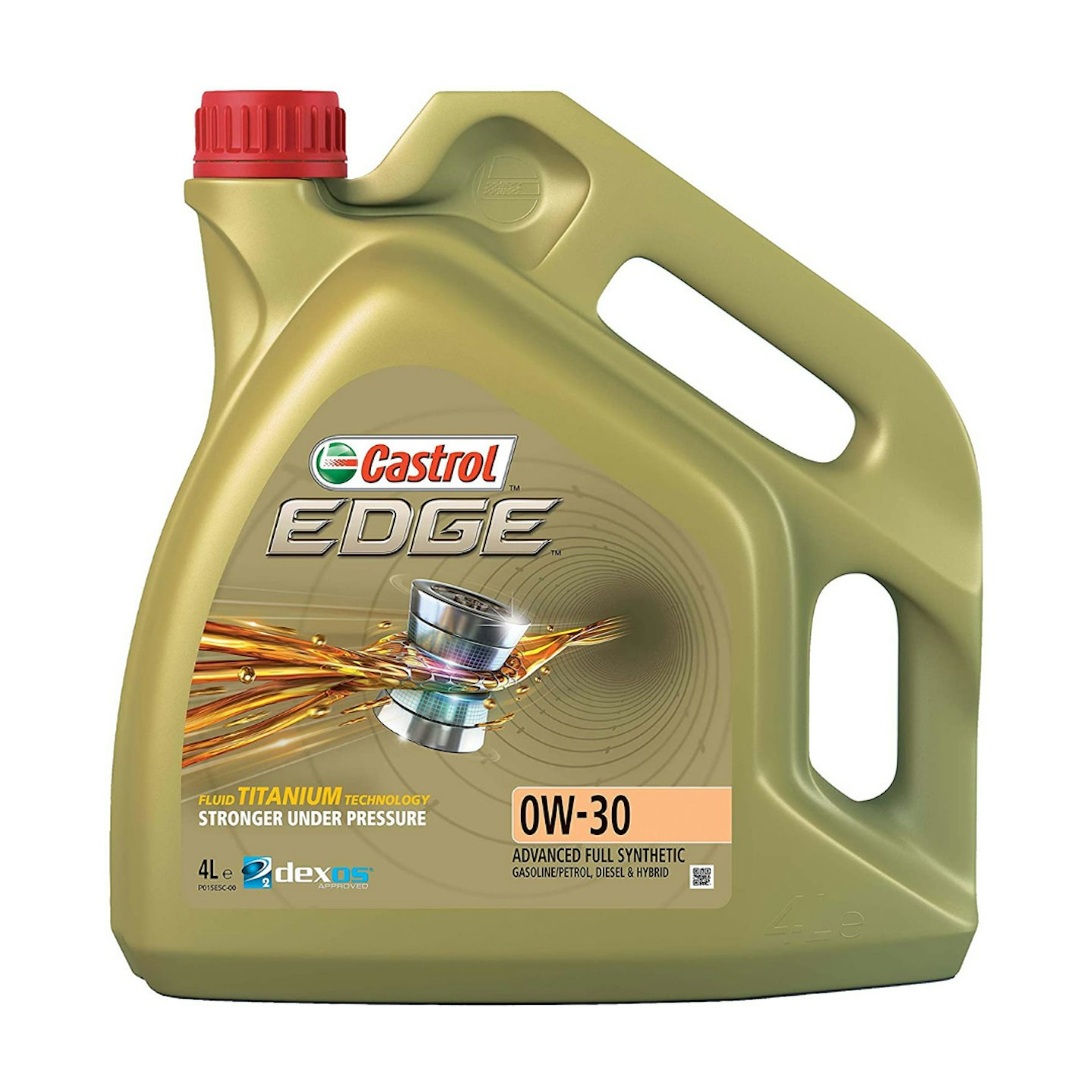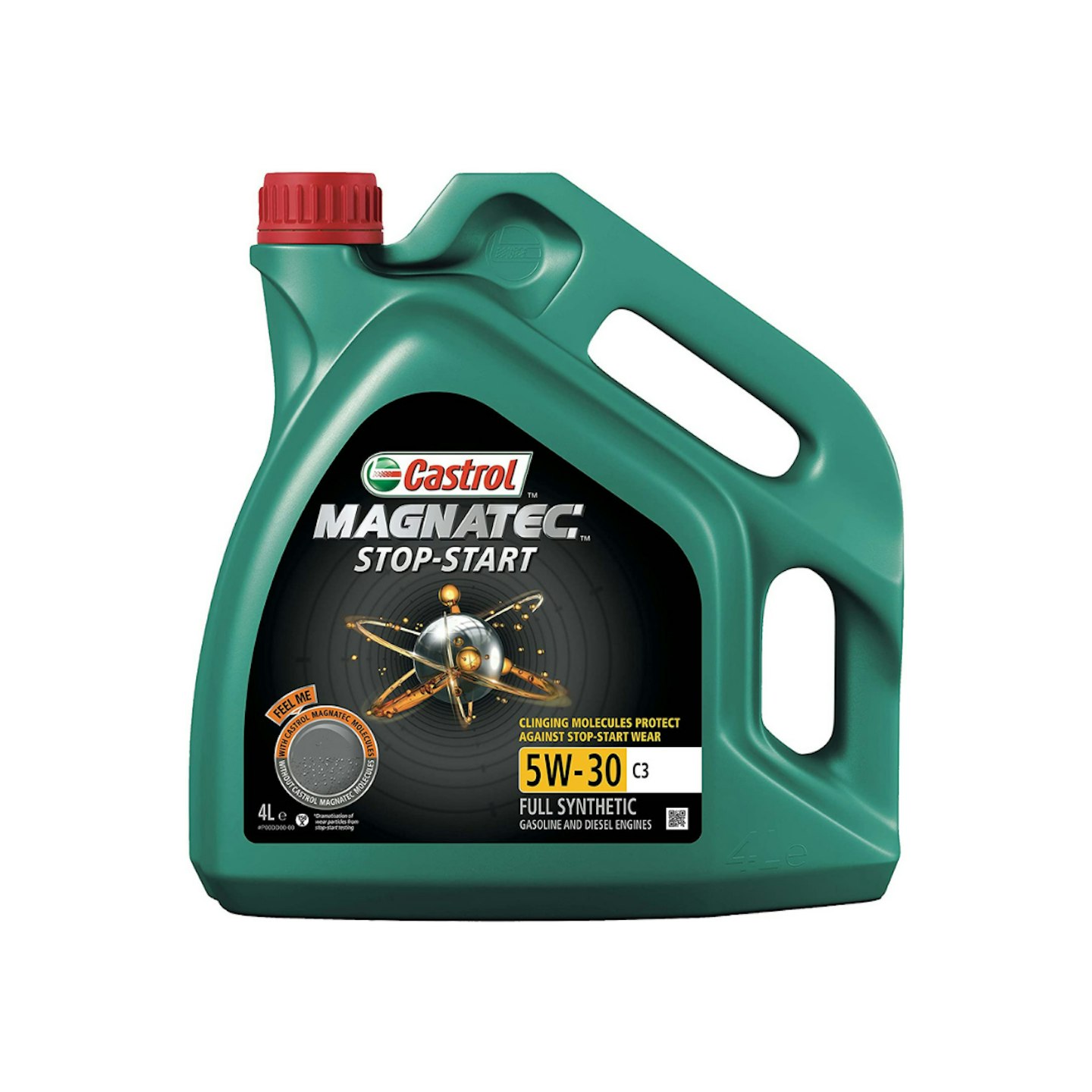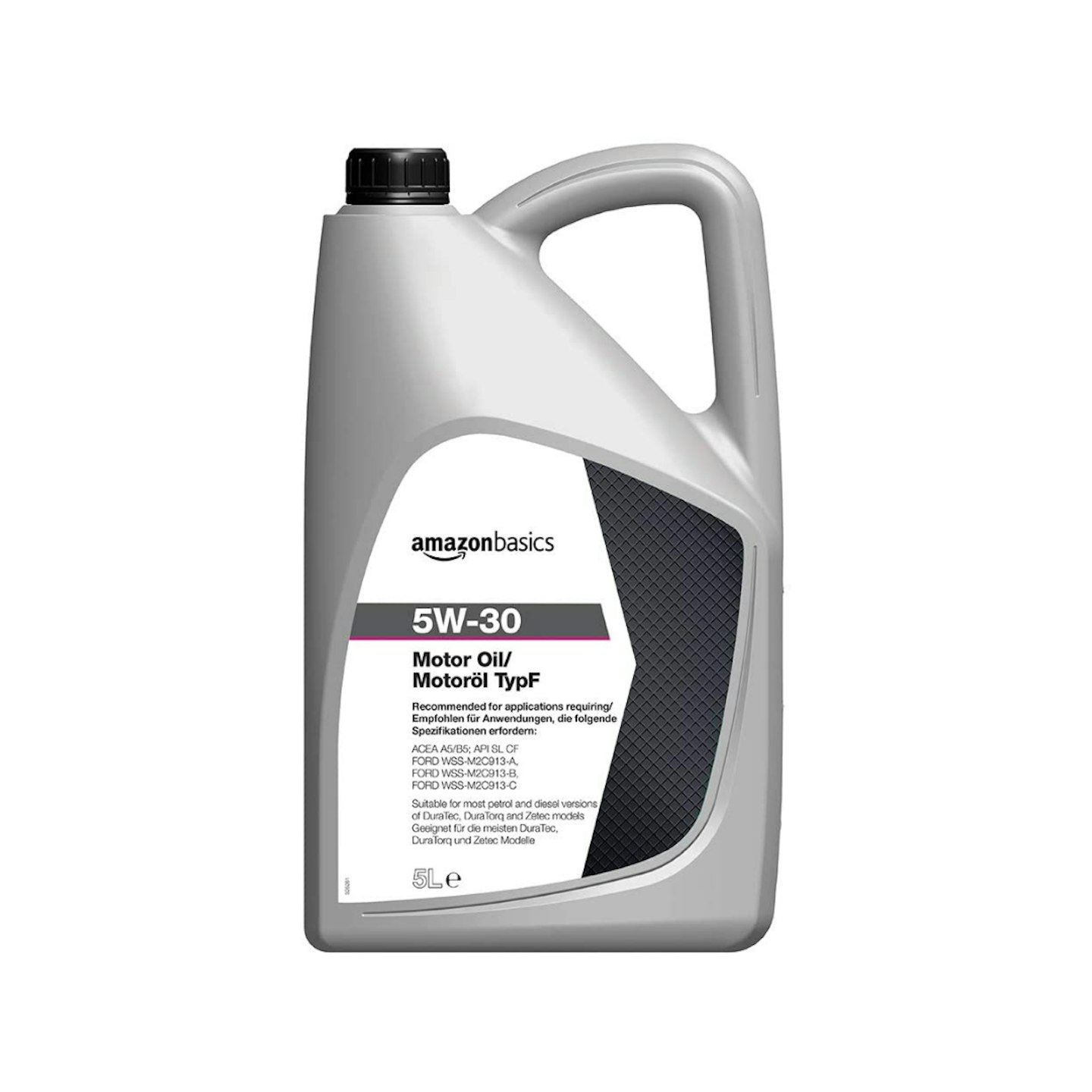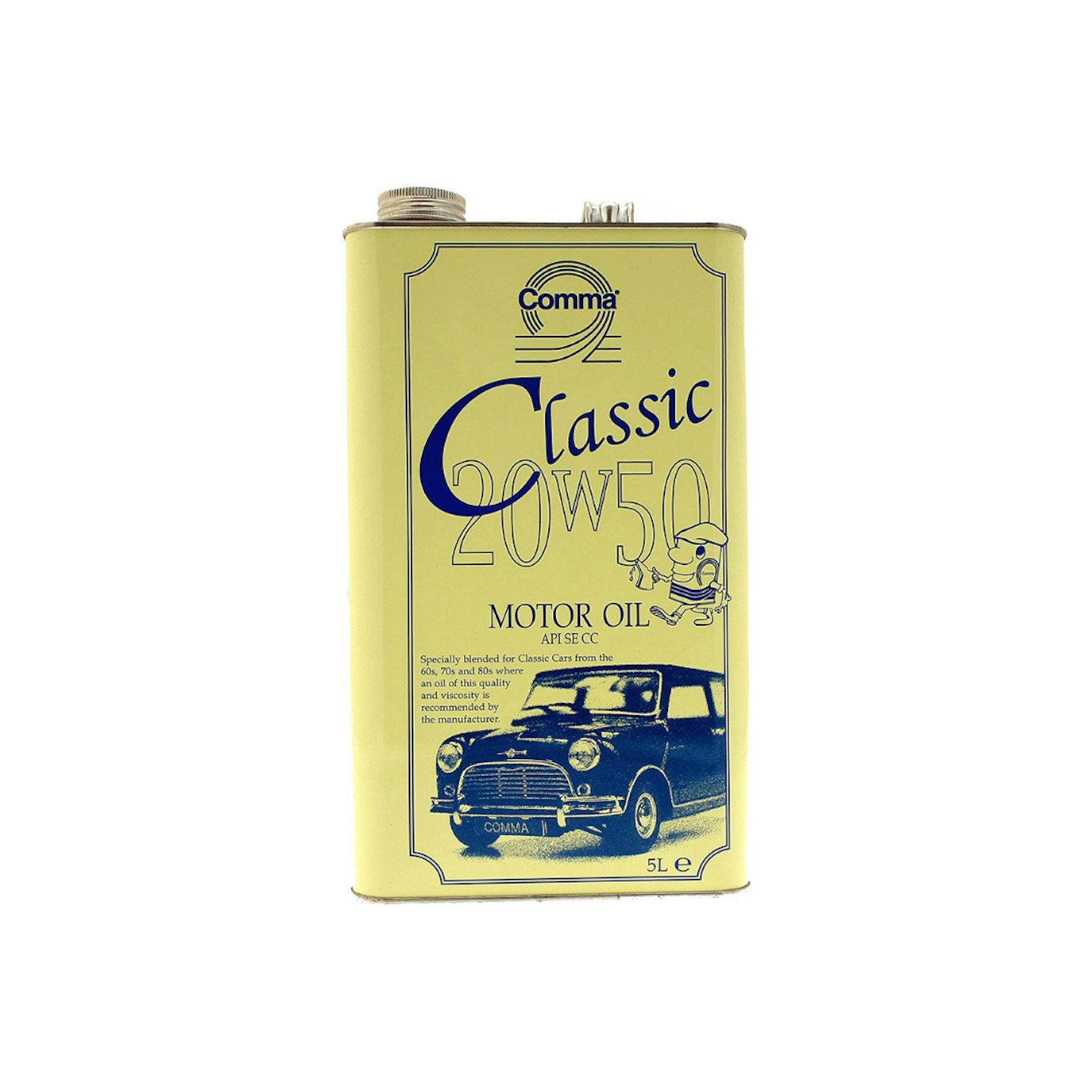There are a lot more exotic things to buy for your car than oil. New tyres, a scratch repair kit, and even fuzzy dice are more interesting than engine oil. But engine oil is so important if you want your car to move. A Ferrari F40 may be one of the best driver's cars ever made, but it would just be an expensive Kevlar and carbon fibre ornament without any engine oil.
The other thing with engine oil is that it can all be rather confusing. Different figures, viscosities and additives all affect how the oil works so it's well worth knowing what they all mean. Take a look at CAR's guide to engine oils and find the perfect choice for your car. Below are our recommended engine oils, and below those is some buying information.
The best engine oils for your car
1.
Castrol Edge
The best synthetic engine oil
Synthetic oil is the best type of engine oil available. Developed in a lab, it can be produced to higher quality and will better protect your car's engine. This offering from Castrol will help protect the internals of your car to improve efficiency and decrease engine wear.
The best engine oil for inner-city commuting
Your engine goes under exceptional stress as you drive in busy traffic and all that stop-start driving can lead to increased engine wear. Magnatec from Castrol is designed to protect your engine as you drive in these conditions which will help your engine in top condition.
3.
Castrol GTX
The best semi-synthetic engine oil
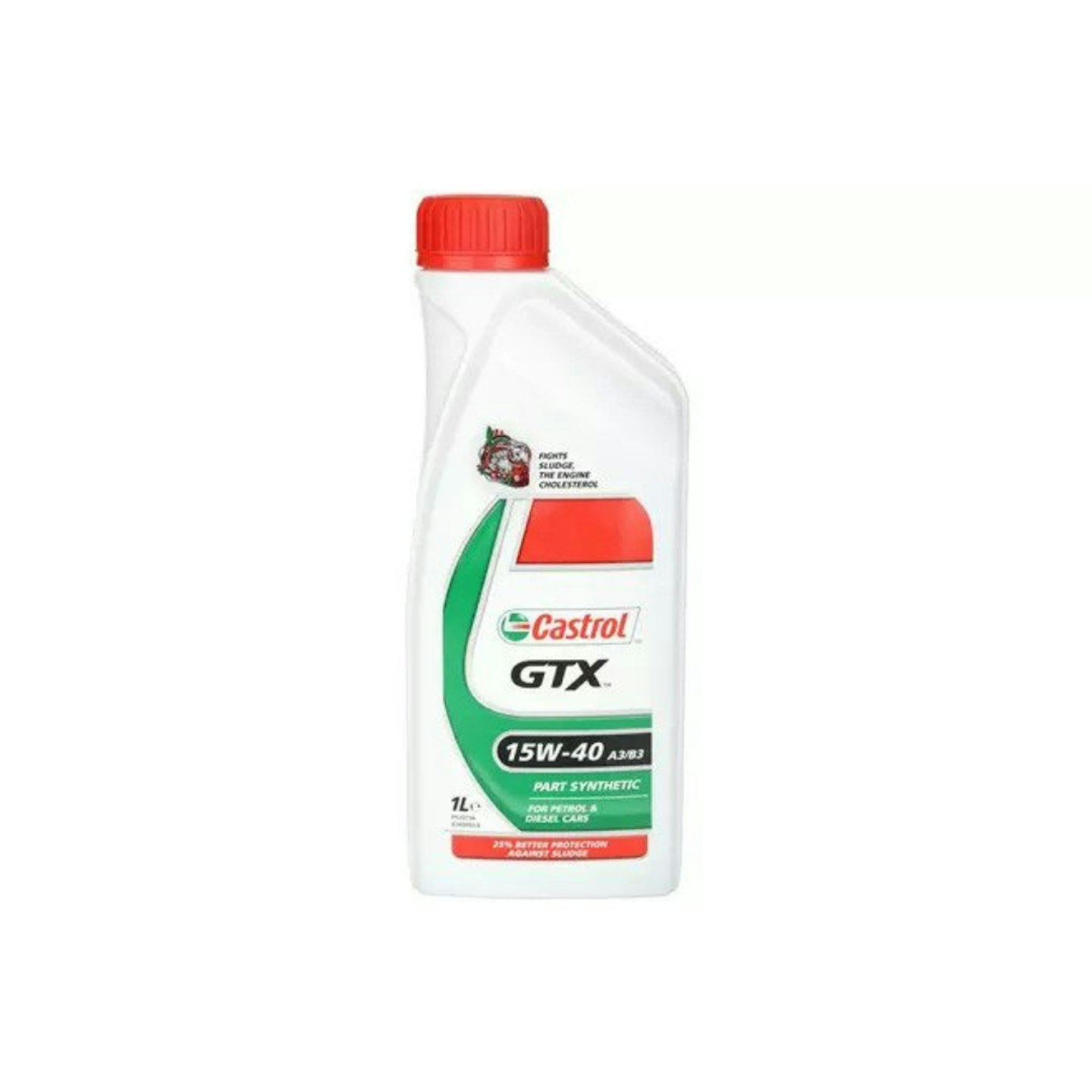
www.halfords.com
Part synthetic is a great option if you're looking for engine oil on a bit of a budget. This option from Castrol is also designed to protect your engine and keep it working efficiently. Plus, the bottle reminds us of those cool (but cheaty) Toyota Celicas that dominated rallying in the mid-'90s.
The best budget engine oil
A great budget engine oil, the AmazonBasics engine oil will protect your car's engine. As a semi-synthetic offering, it will not be as refined as fully synthetic offerings but will still help protect your car's internals from damage.
The best engine oil for motorsport
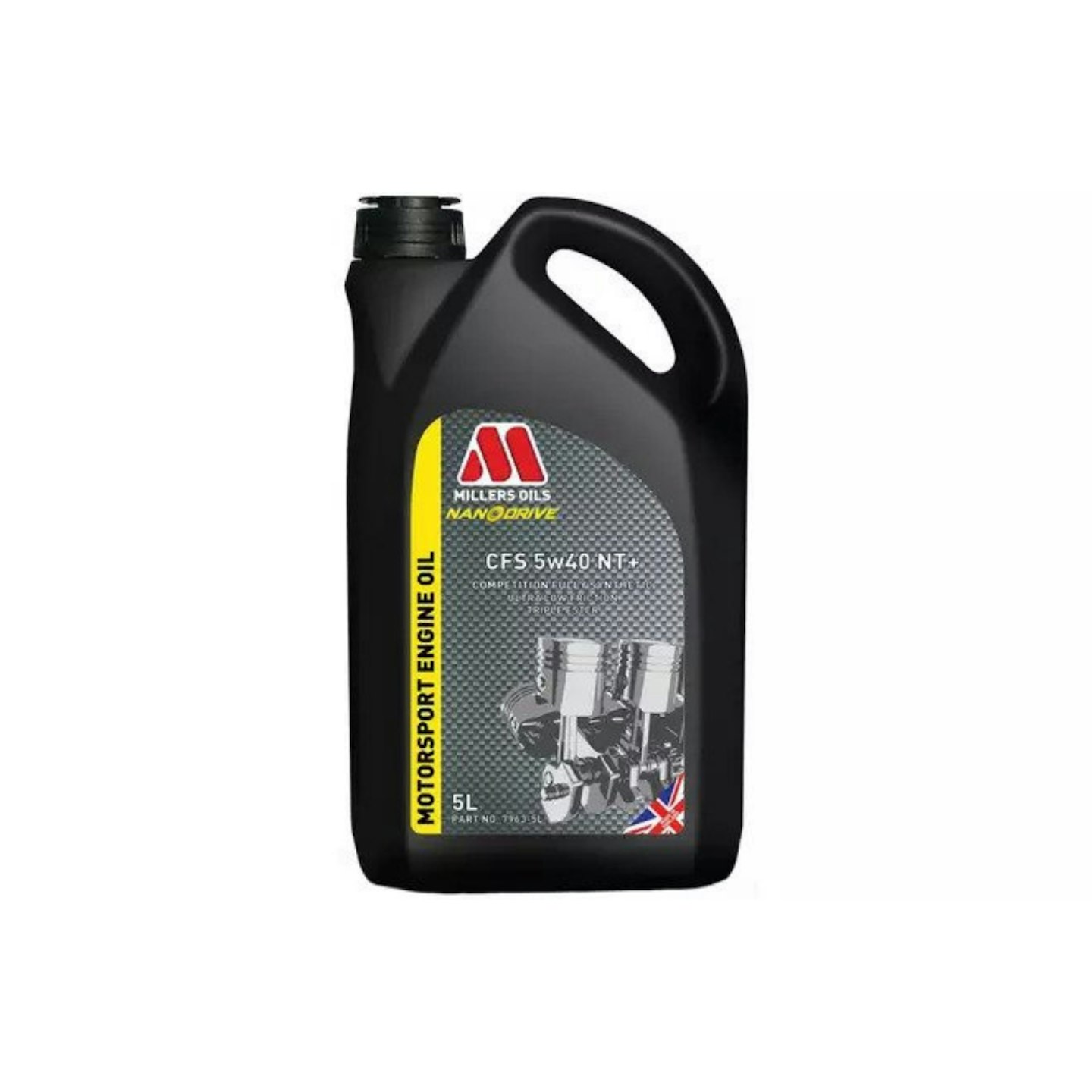
www.halfords.com
Designed to improve engine power while also reducing temperature and wear, this oil is the perfect choice for motorsports or quick road-legal cars. Nanodrive technology ensures that this oil offers the lowest possible friction to keep your engine in good working order. It is also compatible with motorcycles that use a wet clutch.
The best engine oil for classics
Classic car engine oil is designed to protect an older car's engine. They also have a higher viscosity to prevent oil leaks, the bane of many classic car owners. This classic oil is therefore perfect for an older car. The five-litre ensures a classic British sports car can travel at least 50 feet and there'll be enough left over to get under your fingernails for that authentic classic car owner look.
The best engine oil for two stroke engines
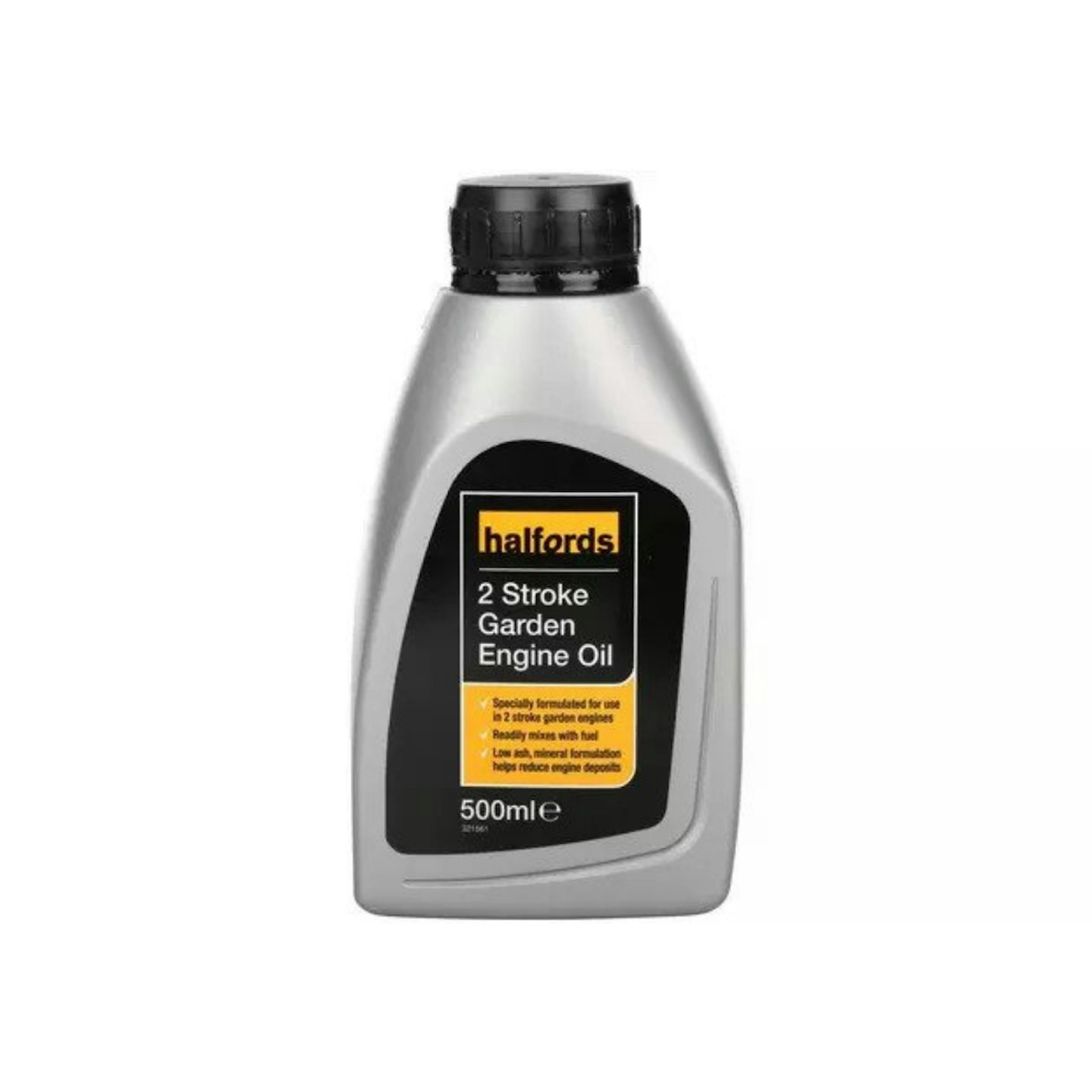
www.halfords.com
Two-stroke engines require oil and petrol to be mixed together so it's always a good idea to have some two-stroke oil handy. Two-stroke car engines are all but extinct now so unless you're running a smokey Trabant 601 or Saab 96 you probably won't be needing two-stroke oil for your car. Petrol garden equipment like chainsaws and lawnmowers on the other hand use two-stroke motors so it's a good idea to keep a bottle in the shed.
What you need to know about engine oils
Synthetic or semi-synthetic?
Most engine oils on the market are either fully synthetic or a blend of synthetic and natural oil. Fully synthetic is the best choice for your car because it's more refined than natural products. As it's developed and made in a lab, it can be made to a far higher standard and will help ensure that your engine remains in the best health. The downside to synthetic oil is the price premium.
Semi-synthetic options combine natural and synthetic oils. The pull with these is that you do get some of the benefits of synthetic at a more reasonable price. It is still important, however, to check with your manufacturer before choosing between these two.
What is viscosity?
Viscosity is how long it takes oil to flow through a specific opening at a specific temperature. The longer it takes, the higher the viscosity. If we take an oil classification of 5W-30 it shows us the viscosity of the oil.
The W stands for winter and the number preceding it is its viscosity at low temperature; 5 in this case. The number afterwards is its performance at a higher temperature. The higher the second number, the better the engine will perform at high temperatures, while a smaller number indicates it'll work better in the cold.
Engines need to work effectively at a range of temperatures to keep your engine lubricated, engine oil needs to be light and flow easily at low temperatures while being thicker when the engine is warm. Your car's handbook will have a guide so there isn't too much to worry about. As you get the right oil, your car will be protected at any temperature.

